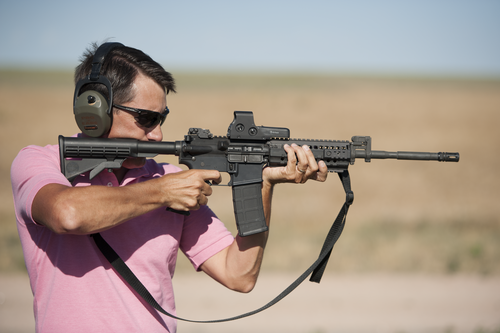Gun news is slow, since the media is focused on other things for the moment, like how racist America is. In the mean time, those of us in the Northeast are baking. It’s not often I’ll say I’d trade Houston for its weather, but:


Today we’re getting a break on humidity. Dewpoint today is under 70, whereas it’s been 70-72 the past several days. I learned from my days being an avid hiker, before I got too busy and too fat, that dewpoint is the number to watch. A lot of people think relative humidity is the important number for comfort, but dewpoint, which tells you how much moisture is actually in the air, is a more reliable measure. Dewpoints below 60 are generally comfortable, even if it’s fairly hot out. You can go do a long hike, even in 90 degree weather, and do fine if the dewpoint is below 60. From 60-65 you can generally manage, but pushing closer to 65 you’ll start to feel the suck. At 65-70, it’s generally pretty uncomfortable. Anything above 70 is unbearable even if the temperature is not that high. You’ll be dripping with sweat with even minor exertion. I’ll take 105 in Phoenix over this crap any day of the week. Dry heat is much easier to deal with. On days like today, I just try to stay indoors and not do much that requires physical exertion, which conveniently is generally what my jobs requires.
But that’s not to say it doesn’t still suck. Few houses built here before the 1990s were built with central air conditioning. Most people who have it in older houses retrofitted it, which is expensive if you don’t have forced-air heat. My house has hot water baseboard heating and no AC, so retrofitting is more pricy. The open floor plan of the house is nice, but in summer it makes AC difficult. I’m relying on a 14,000 BTU/hr portable unit downstairs, and a 6000BTU/hr Wal-Mart special window unit upstairs. They’ve been running flat out for days without cycling. Not good. But they are keeping the house reasonably comfortable. Right now my office is 80 degrees, with a dewpoint of 63 degrees indoors. That’s pretty good. I’d call that a beautiful day if it was outside. Eventually, I’m going to get another 14,000 BTU portable unit for upstairs, which should hopefully be enough to do the whole house, and let the units cycle a bit even in craptacular heat and humidity such as this.




